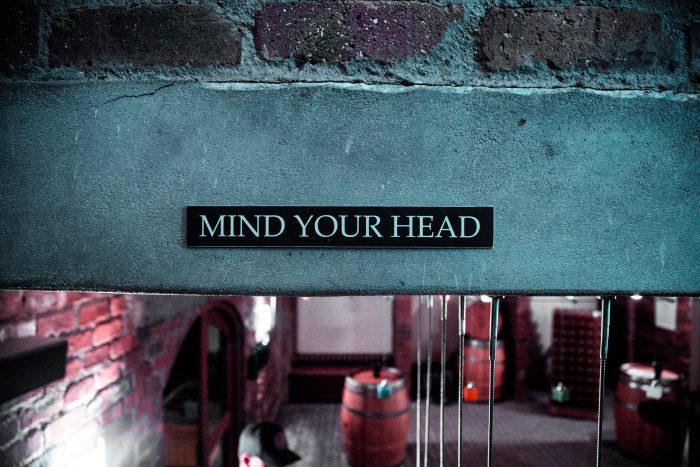I recently heard the phrase, ‘Control your mind or be brainwashed’. It piqued my attention.
The Mindset podcast was referencing the negatively focused news from radio, television, old-fashioned print and now social media, pumped into our subconscious mind – the part that stores our beliefs.
The modern day media have us cornered, from all angles, nowhere to run or hide. As a result, people are constantly in a hypersensitive, state of panic.
The main news headlines have you staring open-mouthed, terror rising from your gut into your mind. Alarm bells on, sirens screeching, our minds clouded by terror. If we don’t set boundaries, we view the world through the lens of a news report. We mix the news into our reality where our thoughts and judgement are clouded.
We hear, “There was a daytime shooting in New York, so I need to be more careful during the day” played out in our minds. Not exactly an accurate reflection, especially if you live in a sleepy village.
The media knows negative news grabs our attention more than a slightly more upbeat ‘all is safe in the world’ cheerful story. This negative bias is also, sadly, the default mode for our minds.
It takes all the information we expose it to, then creates a new belief which is stored in our subconscious ready to be used as a future limit, without us even realising. It is so subtle, our subconscious mind directs our decision making.
We can aim to remove access to the negative news by switching it off or limiting our exposure, but our negative minds can’t just be switched off.
Therefore, we need to learn to control it.
It should, over time, become a well-being practice, where self awareness it key. You acknowledge the voice in your head is not you. Then, once you are familiar with your inner dialogue, patterns, and triggers, you can brainwash your inner critic.
Sounds like a game, it is!
Your conscious mind – the cheerleader or referee –gains control and keeps your inner critic in check.
Most people have various types of voices in their heads – some even represent people around you or from your childhood. Has anyone ever commented “why are you acting like your mum”.
The dominant voice in our heads, who tries to run the show, is our inner critic. Usually a generalised voice. It is important you become friends with your inner critic and don’t get angry with it.
Your inner critic is trying to protect you from many imagined worst-case scenarios. Some based on what it has seen or heard in the media, or based on previous lifetime experiences. Some completely made up, others valid.
Sometimes I catch it quick, usually when I hear an inner dialogue trying to talk me out of something – I realise it is my inner critic being all loud and demanding for attention. Other times, it can take repeatedly hearing the same internal dialogue – like a broken record – before I become alert to it.
Then my favourite, when I know it will be triggered – when I am considering something maybe a little wild and out there – and I pre fix my thoughts with a detailed explanation of my decision, “I know this is wild but based on x, y, and z I am comfortable I know what I am doing” so my inner critic can’t even retaliate. I silenced it. Hurray.
In fairness, your inner critic is trying to keep you safe, but it can be exhausting.
This is where the brainwashing comes in. You are mindfully brainwashing your inner critic, so it is slowly brought into your current world, not the doom and gloom world filled with fear it has imagined. The inner critic ‘broken record’ either stops or the noise is turned down so your conscious ‘rational’ brain can identify, understand and project back to the inner critic the best-case scenario.
Remember that quote ‘What if I fall? Oh but my darling, what if you fly’. That is it – a reflection of the daily battle managing your ‘negative Nancy’ mind.
Now, if you accept the challenge, it is your job to become friends with your inner critic. Play with it. Gently rationalise its thoughts and watch as you gain control of your fear based mindset and strut about with your ‘what if I fly’ cheerleader dialogue on full volume.
Notice when it is triggered.
My inner critic is triggered when I am stepping out of my comfort zone or thinks I am ‘winging it’ and might get in trouble as I have not over thought every scenario.
Then speak gently and positively to it. Be rational.
And remember, sometimes your inner critic is valid!
How will you know? You just will.
“Give space to your thoughts, clear the noise in your head, chit-chat with your inner critic, decide and move on.”











Read 0 comments and reply